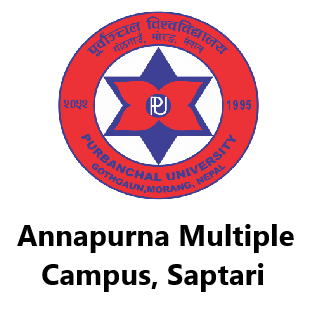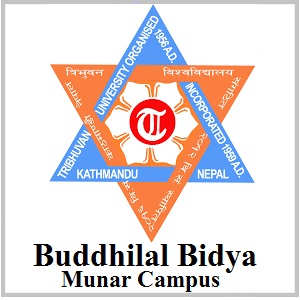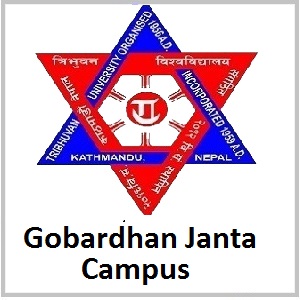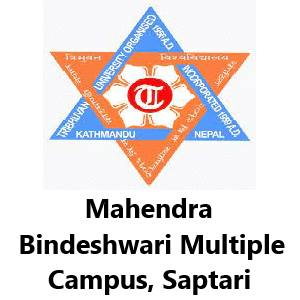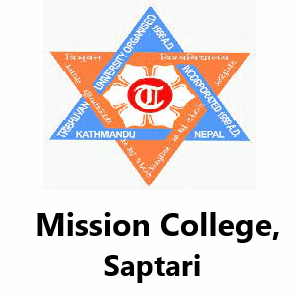Overview
Chandra Shatrudhan Campus is a community-owned institution in Bodebarsain-5, Saptari, Madhesh Province. Established in 2010 AD (2066 BS), it runs a four-year Bachelor of Education (B.Ed.) program under Tribhuvan University. Students can choose subject areas such as English, Nepali, and Health & Population.
The campus keeps things simple and steady: regular classes, a calm and clean setting, and teachers who focus on clarity and practice. The library supports coursework and exam preparation. Classrooms are arranged for participation and small-group work. Students also join reading circles, debates, and health awareness activities that connect learning with everyday life.
Scholarships are available for learners from economically weaker backgrounds and for Madhesi, Janajati, Dalit, and other marginalized groups. Information on eligibility and deadlines is shared through the administrative office so students can plan with confidence.
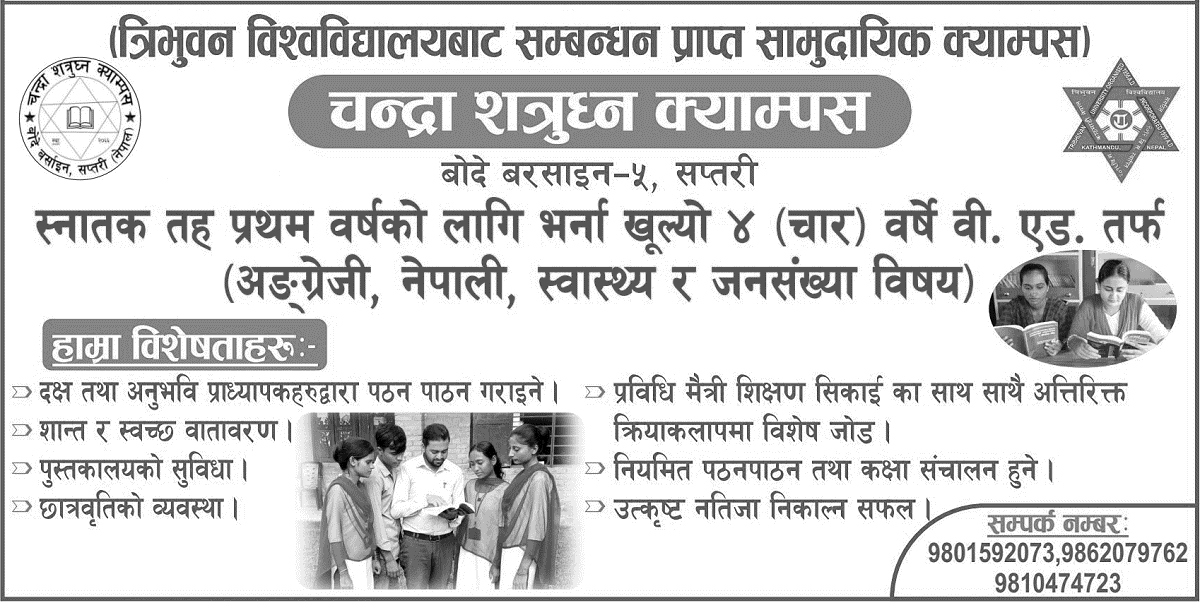
Mission
To prepare capable, caring schoolteachers for local communities through affordable and accessible education that follows Tribhuvan University standards.
The campus works for disciplined study, respectful conduct, and practical classroom skills so graduates can serve schools with confidence and care.
Vision
To grow as a dependable local center for teacher education in Madhesh Province—known for regular academic routines, inclusive opportunities, and graduates who demonstrate sound subject knowledge, clear communication, and social responsibility in both rural and urban classrooms.
Objectives
-
Deliver the B.Ed. program strictly according to TU curriculum, calendar, and evaluation rules.
-
Build strong foundations in English, Nepali, and Health & Population with clear, measurable outcomes.
-
Strengthen practical teaching through lesson planning, micro-teaching, school observation, and supervised practicum.
-
Encourage project work, reflective notes, and small classroom inquiries to improve teaching habits.
-
Use educational technology where useful for content sharing, practice tasks, and communication.
-
Provide academic counseling, mentoring, and remedial support to help students keep pace with the syllabus.
-
Promote regular attendance, punctuality, and steady study patterns.
-
Offer scholarships and targeted support for underrepresented groups.
-
Involve students in co-curricular and community-based activities that build teamwork and leadership.
-
Maintain transparent communication about assessments, schedules, and requirements.
Teaching Methodology
Classes mix short lectures with demonstrations, discussions, pair work, and group tasks. The goal is twofold: understand the subject and learn how to teach it well. Micro-teaching gives trainees a safe space to try short lessons, receive feedback, and revise their approach.
Step by step, students learn to set objectives, select methods, prepare materials, and design simple assessments that fit the topic and time available.
Formative checks—quizzes, brief presentations, reflective notes, and assignments—run alongside TU’s final examinations. These small checks help students spot gaps early and make steady improvements.
Teachers hold consultation hours for one-to-one guidance, and study circles keep peer learning active.
The library supports reading lists, reference work, and project preparation. Notices and materials are shared through technology-friendly channels so students can track dates and tasks without confusion.
Student Support, Scholarships, and Facilities
The campus provides guidance on subject selection, practicum planning, and exam preparation. Scholarship support is available for students from economically disadvantaged groups and for Madhesi, Janajati, Dalit, and other marginalized communities. Applicants can visit the administrative office to learn about criteria, documents, and timelines.
Facilities are straightforward and helpful: clean classrooms, a functional library, and spaces for group study and presentations. Co-curricular activities—debate, reading groups, health awareness events, and outreach—help students connect theory with real settings.
The campus keeps a regular academic calendar and tracks progress through internal assessments. Graduates have reported steady results in TU examinations, reflecting consistent study habits and regular feedback during the year.
Conclusion
Chandra Shatrudhan Campus offers a clear path for those who wish to become teachers through the four-year B.Ed. program in English, Nepali, or Health & Population under Tribhuvan University.
The approach is practical and student-centered: regular classes, supportive teachers, a working library, and opportunities to practice teaching before entering real classrooms. Scholarships and counseling help students stay focused and meet course requirements.
Prospective students can contact the administrative office for details on admissions, eligibility, fees, scholarships, facilities, counseling, and class schedules.


